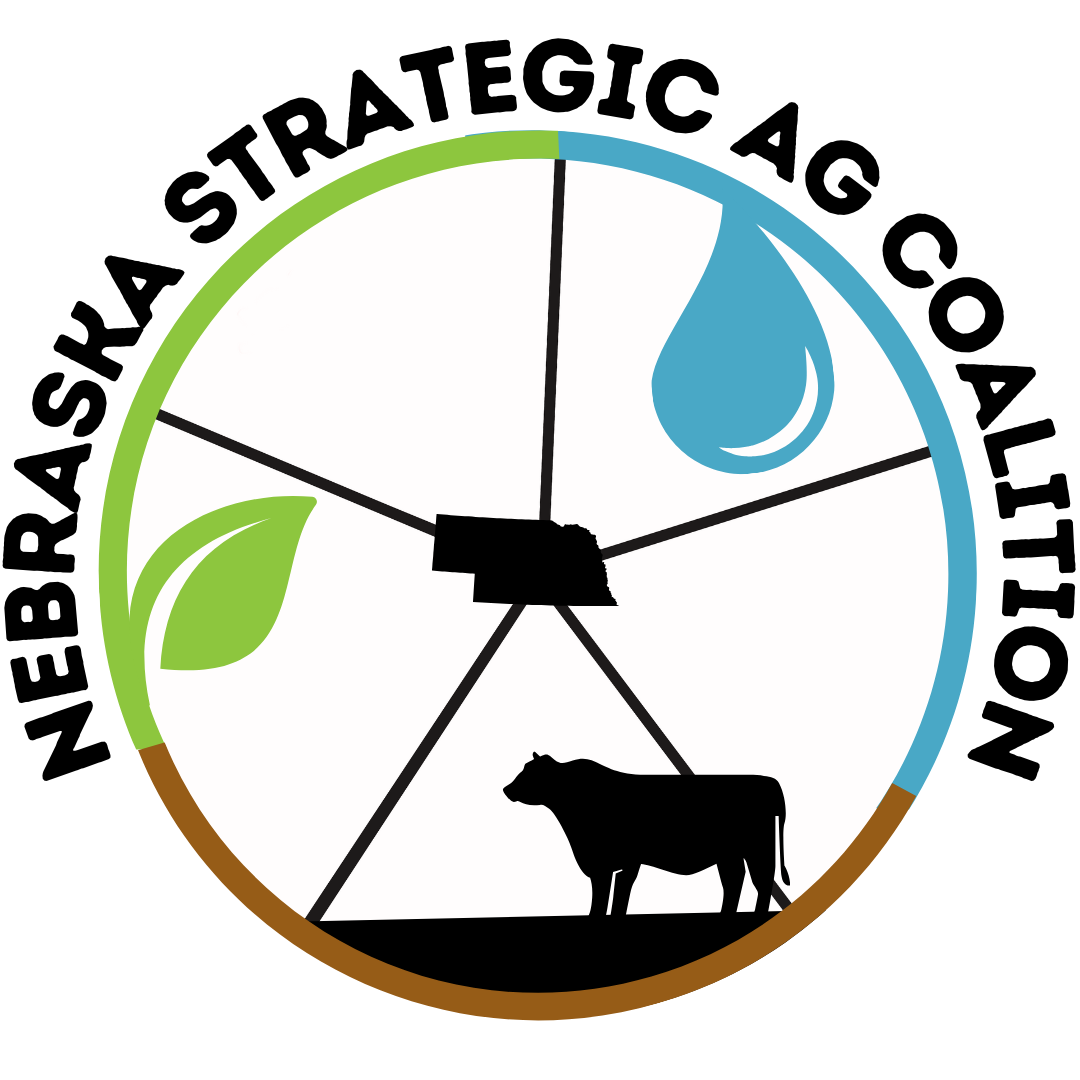Soil Health: Principle 2 of 5 – Minimizing Soil Disturbance
Soil disturbance comes in three varieties, with each form impacting important soil functions.
Physical Disturbance
The most obvious form of soil disturbance is by tillage. Compared with soils under no-till soil health management, tilled soils have:
- Decreased water infiltration and storage. Tillage destroys soil aggregates and severs natural pathways and pores created by roots, worms and soil biota. When these pathways are broken, precipitation slowly seeps into the soil, often at rates slower than the rate of rainfall. Soil water storage is decreased because the aggregates that create pore space for water to be held are destroyed, and organic matter is reduced. Soil organic matter can hold up to 20 times its weight in water (Reicosky, 2005).
- Reduced organic matter. Tillage destroys organic matter by exposing it to air. When exposed to air, organic matter is consumed by opportunistic bacteria, and lost through erosion.
- Increased Erosion. Water erosion increases because of reduced infiltration rates; and wind erosion increases because tillage leaves less protective residue on the surface.
Biologic Disturbance
While not as visually obvious as a physical disturbance such as tillage, biological disturbance also impacts soil function. All soil life needs energy to survive. That energy is provided by plants. Plants harvest CO2 and sunlight through photosynthesis to produce energy, namely sugars, some of which is transferred via roots to below ground life. A living root in the soil as much as possible is important. Cover crops in your crop rotation are a great way to extend and diversify living root presence. Proper grazing management will also increase the ability of perennial plant to harvest sunlight.
Chemical Disturbance
Chemical disturbance occurs with overuse of fertilizers, herbicides, insecticides and fungicides. A diverse cropping system can help reduce reliance on pesticides and fertilizers.
